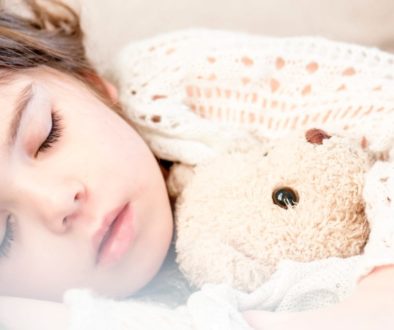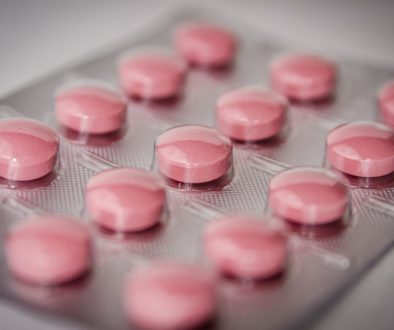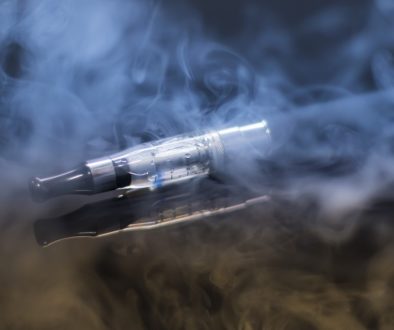Oral Hygiene and Respiratory Illness
 I talk a lot on here about how your oral health is closely related to your overall health. In elderly patients, one of the most important related illnesses is pneumonia. Aspiration pneumonia is a big problem in nursing homes and a lot of these cases can be prevented with improved oral hygiene.
I talk a lot on here about how your oral health is closely related to your overall health. In elderly patients, one of the most important related illnesses is pneumonia. Aspiration pneumonia is a big problem in nursing homes and a lot of these cases can be prevented with improved oral hygiene.
Your mouth is host to a complex variety of different bacteria. With good oral health these bacteria are actually a good thing and don’t cause any major problems. When significant cavities or periodontal disease are present, the type of bacteria change over to a more unhealthy variety and the numbers of them increase significantly. With poor eating and swallowing, decreased immune function, and overall poorer health that is common in elderly patients, this bacteria can travel into the lungs and cause pneumonia. One study showed that residents in a nursing home who didn’t receive any special oral hygiene developed pneumonia at a rate of 20% over a two year period. The other group who received regular oral hygiene including cleanings to remove plaque and tartar only developed pneumonia at a rate of 11% over that same two year period. The study wasn’t anywhere near perfect, but several additional studies over the years have come to the same general conclusion… better oral hygiene reduces the rates of pneumonia in elderly patients significantly. Pneumonia has a significant financial cost as well as quality of life cost for elderly patients.
If you have a family member or friend who is in a nursing home, ask about their policy for oral hygiene. If the facility isn’t doing a good job, and you’re able to, consider assisting in dental hygiene. Elderly patients, especially those with dementia, really struggle with any type of adequate oral hygiene. If someone brushed their teeth with an electric toothbrush even for 30 seconds a day, it would go a long way towards improving their overall health.



